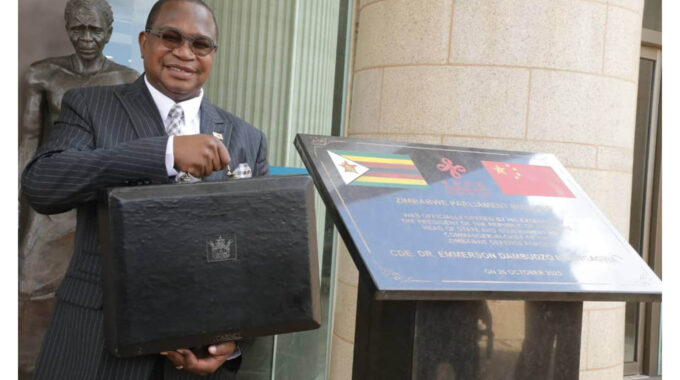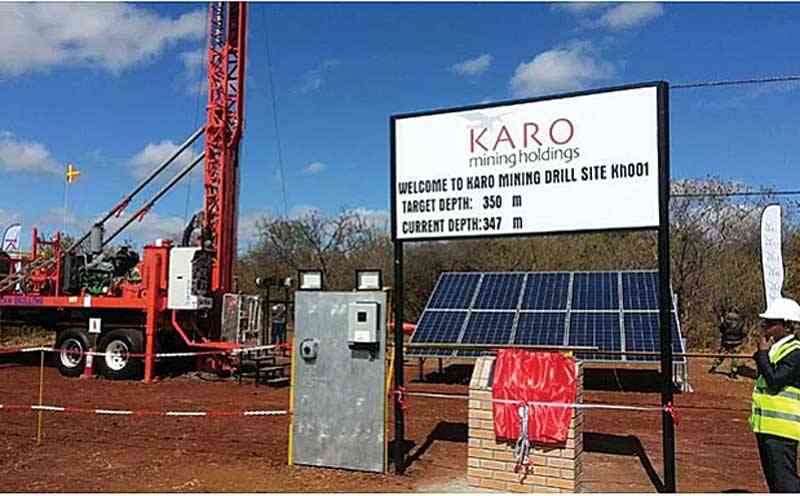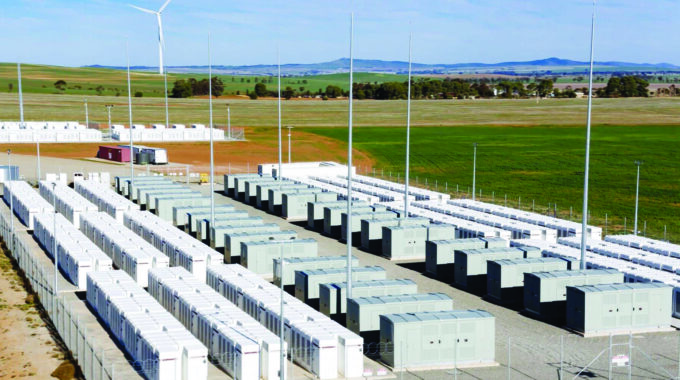Millers chip in to avert wheat shortages
THE Food Crop Contractors Association (FCCA) has pooled resources to produce winter wheat worth US$42 million to mitigate shortages of the cereal amid fears of looming bread price hikes and shortages.
FCCA, comprising private sector contractors, has fully financed the planting of 30 000 hectares of wheat, which is 40% of national production.
This comes as government targets record wheat production this season and also follows manoeuvres by the Grain Millers Association of Zimbabwe to access foreign currency to clear outstanding payments on imported wheat as acute bread shortages loom.
Wheat stocks had severely depleted late last month as bakers pushed for permission to sell bread exclusively in United States dollars.
Farmers are also complaining of electricity challenges to produce wheat as well as failure to access adequate inputs that are charged in foreign currency.
FCCA’s move is not only expected to improve food security, but to save on foreign currency spent annually on wheat imports.
“As a major miller of wheat for the production of bread flour, National Foods, working with PHI Commodities, has financed the production of 20 000 hectares, with an expected output of 120 000 tonnes of high-quality wheat,” FCCA said in a statement yesterday.
The bulk of these plantings, FCCA added, have been at the optimum time and yields of above six tonnes per hectare.
The coming in of private players to help government meet its food self-sufficiency targets is expected to boost confidence among farmers and ensure viability.
FCCA said wheat produced under the initiative is to be delivered to the country’s largest mills at National Foods Limited in Harare and Bulawayo between October and December 2022, and will go a long way to make National Foods self-reliant in local wheat production for 2023.
Zimbabwe requires about 400 000 tonnes of wheat annually. Last year, the country imported nearly half of that amount. For the first five months of this year up to May, wheat imports declined by 13,26% to US$23,06 million from US$26,55 million due to the Russia-Ukraine war.
Lands and Agriculture minister Anxious Masuka was grilled yesterday during the National Assembly question-and-answer session over government plans to assist wheat farmers and ensure they have uninterrupted power supply to support wheat irrigation.
“Government recognises the difficulties in the farming environment. We are going to pay wheat farmers partly in US$ and local currency just like what we do with maize. This is happening to all supplies delivered to the GMB. We have put this framework of cushioning farmers. Government is cognisant of the supplies, but the stop-order facilities we are doing as government will be payable in Zimbabwe dollars for water and electricity. We agreed to ensure that farmers are sustainable. On the issue of US dollar fertilizer costing US$75 to US$95 for 50kg, we will investigate the issue,” Masuka said.
On the issue of electricity challenges experienced by wheat farmers, Energy minister Zhemu Soda said the issue was discussed in Cabinet on Tuesday.
He indicated that electricity shortages were being caused by a burnt terminal at the Hwange Thermal Power Station.-newday











